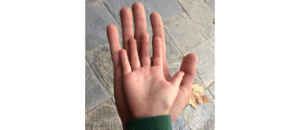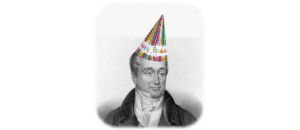Dupuytren’s is an inherited systemic disorder of either the threshold or the feedback inhibition of the biology of scar formation, contracture and maturation. It is not spontaneous, but triggered in specific areas having the common characteristic of being subjected to repeated high shearing or stretching forces: palmar fascia, plantar fascia, shoulder capsule, tunica albuginea of the penis. These areas are able to produce the perfect storm of tissue conditions which activate the process. Dupuytren’s is not just a reaction to mechanical forces: they are a small, but definite part of the picture, and may just speed up the timescale of activating the process.
https://www.dupuytrens.org/DupPDFs/2005_Logan_1606.pdf





